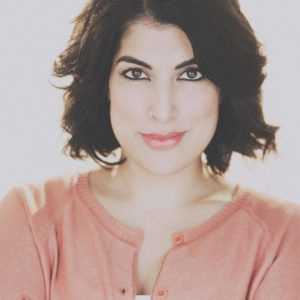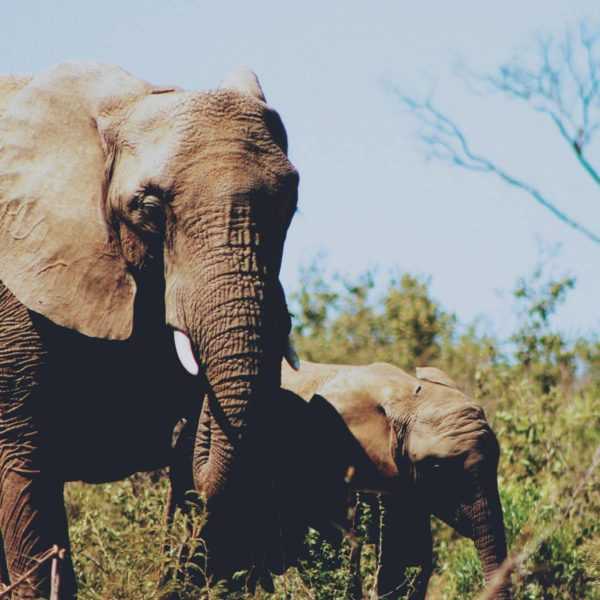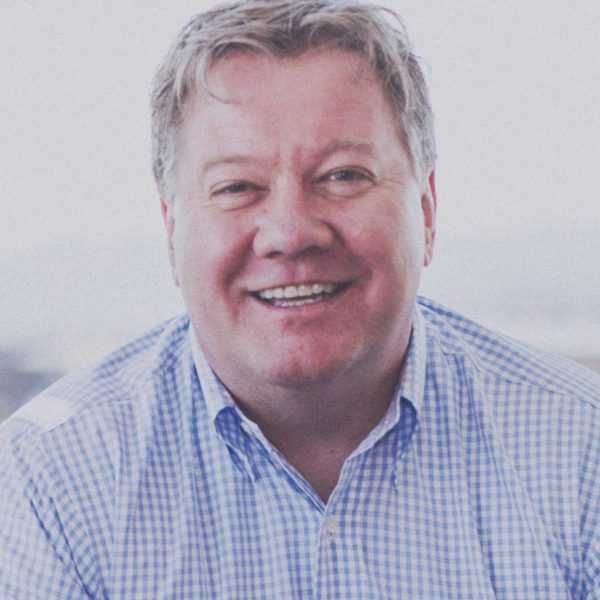Capitalism: Creating Opportunity and Wealth to Make a Difference


Umber Ahmad, owner and creator of New York City’s Mah-Ze-Dahr Bakery, talks about how capitalism is misunderstood. Wealth isn’t infinite, but the opportunity to create it is--as is the ability to do good with it.
I come from a family of entrepreneurs. My parents were immigrants who left Pakistan and settled in Northern Michigan where they had no family, didn’t know the intricacies of the society, and where there was no one who even looked like us. Leaving behind everything one knows to be true to go into the unknown is the most entrepreneurial thing a person can do. They were highly educated and recognized there would be more opportunity in this country for my sister and me than in Pakistan. I learned from them to be fearless, informed, hopeful, and hard-working.
Part of what my parents saw in America is the opportunity for everyone, regardless of political position, social standing, or family connection, to excel. This is not necessarily as true in many other countries and cultures. America is a place where everyone can pursue their personal vision for progress and capitalism, which allows for the opportunity for personal expression and personal success.
Capitalism is creating opportunity and wealth to make a difference for those beyond yourself.
Capitalism is not a dirty word, but for too long it has had a negative connotation, one of selfishness and self-gain rather than that of being a conduit for success. I hope that I and others who are building businesses, opportunities, and legacies can redefine capitalism and collectively broaden what it can do for our society.
By working in business, first as a management consultant and then on Wall Street, my understanding of the basis of capitalism in this country became informed and elevated. With that background, I started my own ventures, which both amplified and solidified my appreciation for the true power of capital and the freedom that it affords you to take control and move forward. The more you do for yourself, the more you understand the need for the capital markets. One cannot survive or thrive without the other.
I first started working in the health-care sector, and I was continually frustrated by the fact that every decision was governed by how my clients accessed capital. Because I wanted to better understand the financial basis of these decisions, I got my MBA from Wharton and then went on to Wall Street. It was there that I had the real education of understanding finance, the way in which money is accessed and distributed, and how it ultimately affects the end users, which is society. I realized I could be at the culmination of that path, where others are making the decisions, or I can be at the beginning of that path, with my own business.
I left Goldman Sachs and co-founded an investment advisory firm. Years later, I worked with a client to expand his food business worldwide. Through mutual friends, he heard I was a baker. After making food for him, he asked me what I wanted to do with it. I realized then that I wanted to do for myself what I have spent my career doing for other people: building the next great global luxury heritage brand that will have a societal impact.
Capitalism is creating opportunity and wealth to make a difference for those beyond yourself. When you broaden the beneficiaries, you broaden the opportunities. You can have a large piece of a small pie, or a small piece of an enormous pie. I’d rather have the latter, because that means you are part of something bigger, something that can grow. Wealth isn’t infinite, but the opportunity to create it is.
For America to continue to be at the forefront of progress, it needs to embrace and encourage a broader definition of both success and the understanding of what enables success. I didn’t go from being a banker to a baker. I went from being a banker and financial adviser for other people to being a financial adviser for myself.
About Umber
Growing up in Northern Michigan in a Pakistani family, Umber Ahmad learned that food has a language all its own. She is the founder of Mah-Ze-Dahr Bakery | A Colicchio Discovery, a luxurious and elevated approach to pastry. She came to create Mah-Ze-Dahr by connecting her lifelong love of pastry with her career in investment banking and investing.
Formerly of Goldman Sachs, Umber is also a co-founding managing director of Specialized Capital Management, an investment firm focused on the refining and expanding of luxury brands worldwide. She holds a BS in Genetics from The Massachusetts Institute of Technology, an MPH in International Health Policy from The University of Michigan, and an MBA in Finance from The Wharton School of the University of Pennsylvania.

